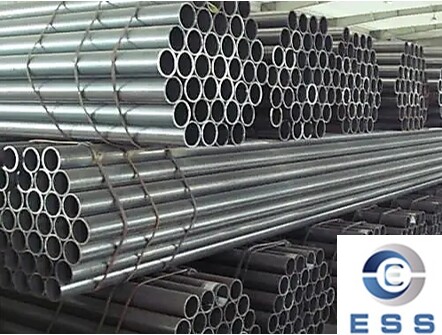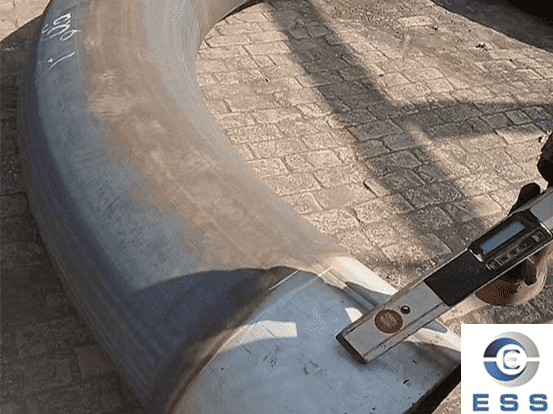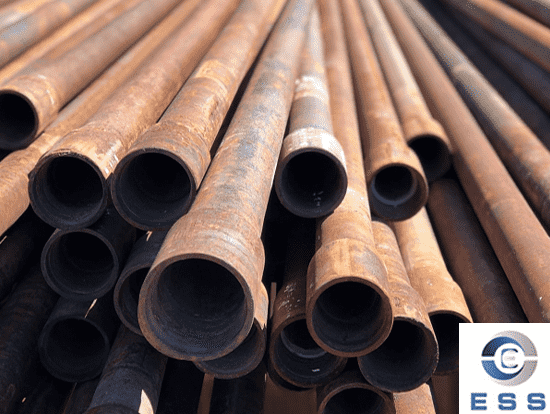
Mild
steel tube is carbon
steel pipe with a carbon content of less than 0.25%. The application of
mild steel pipes in boilers is mainly reflected in their excellent physical and
chemical properties, which make mild steel pipes widely used in boiler
manufacturing. Mild steel pipes are usually used to manufacture various
low-pressure boilers, superheated steam pipes, boiling water pipes,
water-cooled wall pipes and locomotive boiler
tube.
Application advantages
1. Mild steel pipes have good plasticity
and high toughness
Mild steel pipes are made of soft steel and
have good plasticity and toughness. They can be continuously deformed under
high temperature and high pressure. They are not prone to rupture and
deformation during boiler operation, and can resist fatigue damage caused by
cyclic stress to ensure the safe operation of the boiler.
2. Mild steel pipes have low thermal
expansion and high strength
Mild steel pipes have a small thermal
expansion coefficient and can expand and contract slowly when the temperature
changes, avoiding stress concentration and evaluation deformation caused by
thermal expansion and contraction, thereby extending the service life of the
boiler. In addition, mild steel pipes have high strength and can withstand
large tensile and compressive forces under high temperature and high pressure,
ensuring the strength and stability of the boiler.
3. Good corrosion resistance of mild steel
pipes
The chemical composition of mild steel
pipes is stable and not easily affected by corrosion and oxidation. Even in
high temperature and high pressure environments, there will be no corrosion or
ablation, ensuring the safety and stability of boiler operation.
Specific application examples
SA-210C (20, 20G): This mild steel is suitable for heating surface
pipes of low and medium pressure boilers (working pressure is generally not
more than 5.88MPa, working temperature is below 450℃).
15CrMo (T11, T12, P11, P12): This mild steel improves the stability
of carbides due to the addition of chromium, and is suitable for high
temperature working environments, but long-term use above 550℃ will lead to a
decrease in thermal strength.
12Cr1MoV (T22, P22): This mild steel forms a dense oxide protective
film on the surface at 580℃, has good oxidation resistance and weldability, and
is suitable for high temperature working environment.
T23: This mild steel has a strength 93% higher than T22 at 600℃, and
has better weldability and processability, and is suitable for high temperature
working environment.
T91: This improved 9Cr-1Mo type high-strength martensitic
heat-resistant steel has high impact toughness, thermal strength and corrosion
resistance, and is suitable for headers and steam pipes in subcritical and
supercritical boilers.
Summary
In summary, mild steel pipes have the
advantages of good plasticity, high toughness, low thermal expansion, high
strength, and corrosion resistance in boiler applications. They can meet the
use requirements of boilers under high temperature and high pressure and ensure
the safe operation of boilers.
Read more: Difference between mild steel pipe and carbon steel pipe













 Eastern Steel Manufacturing Co.,Ltd not only improve product production and sales services, but also provide additional value-added services. As long as you need, we can complete your specific needs together.
Eastern Steel Manufacturing Co.,Ltd not only improve product production and sales services, but also provide additional value-added services. As long as you need, we can complete your specific needs together.










